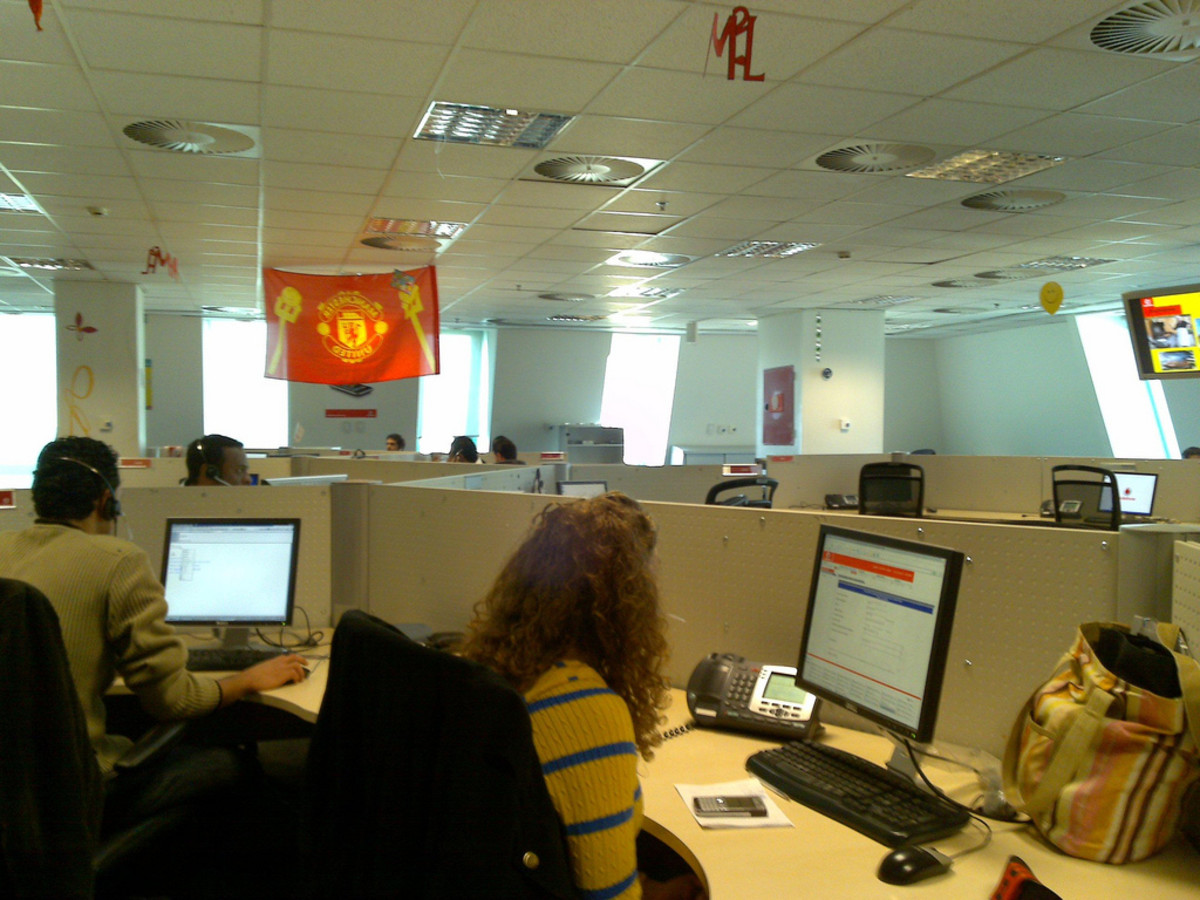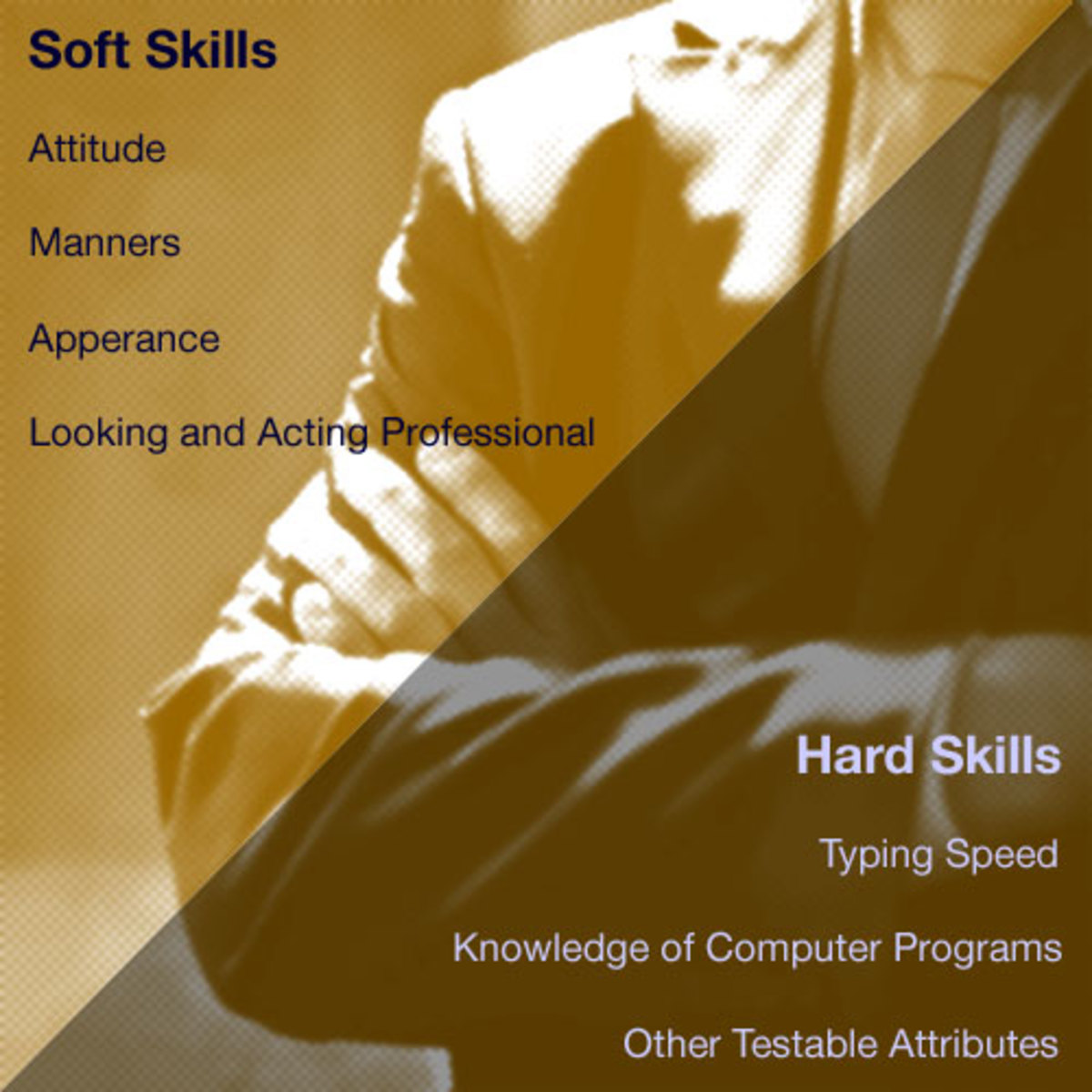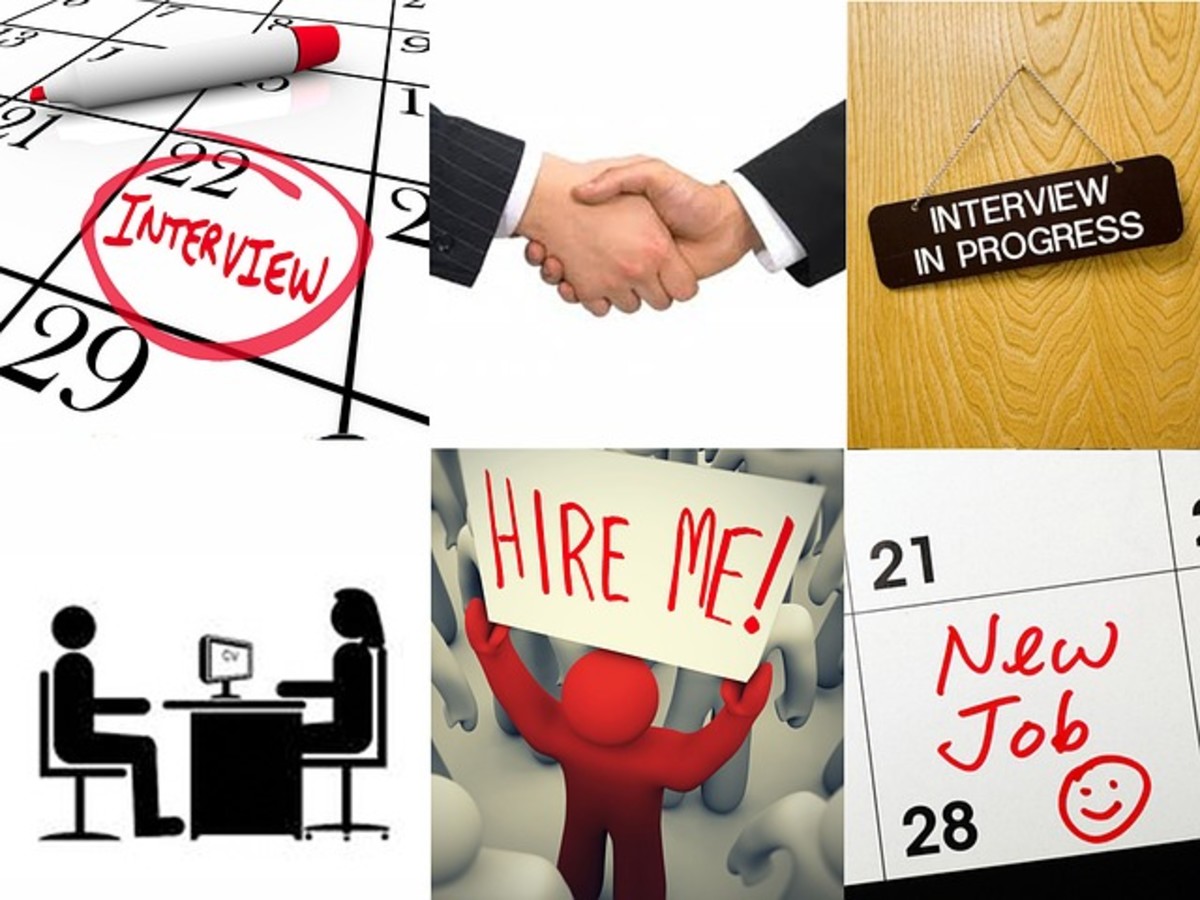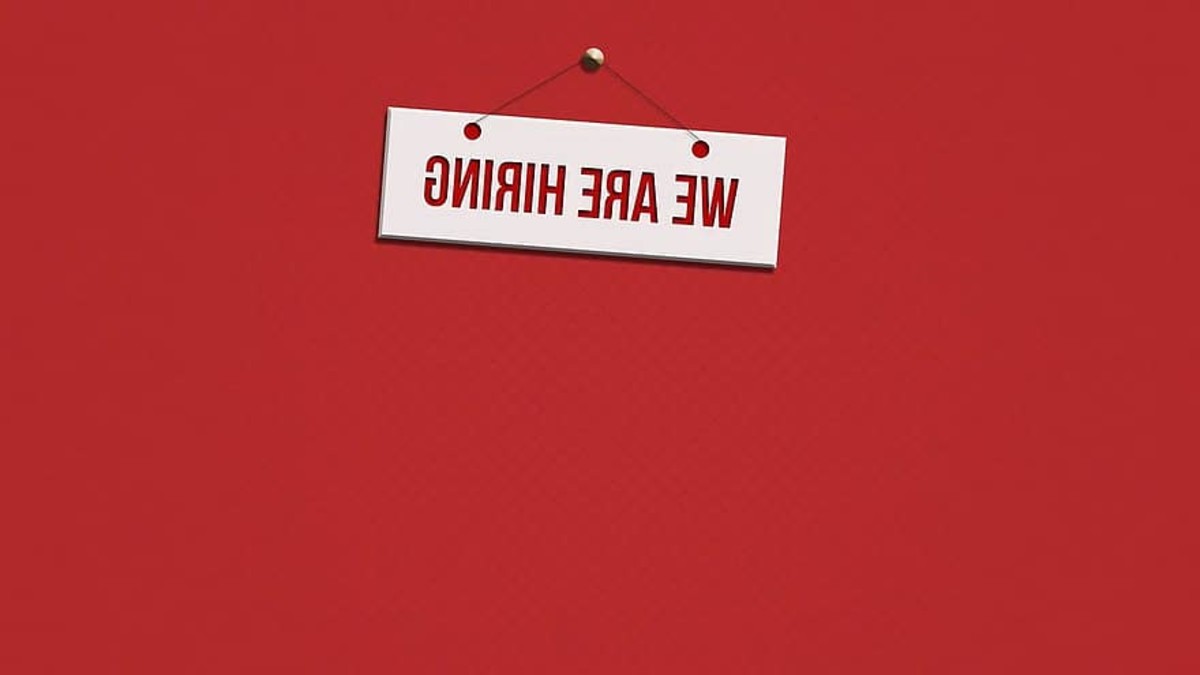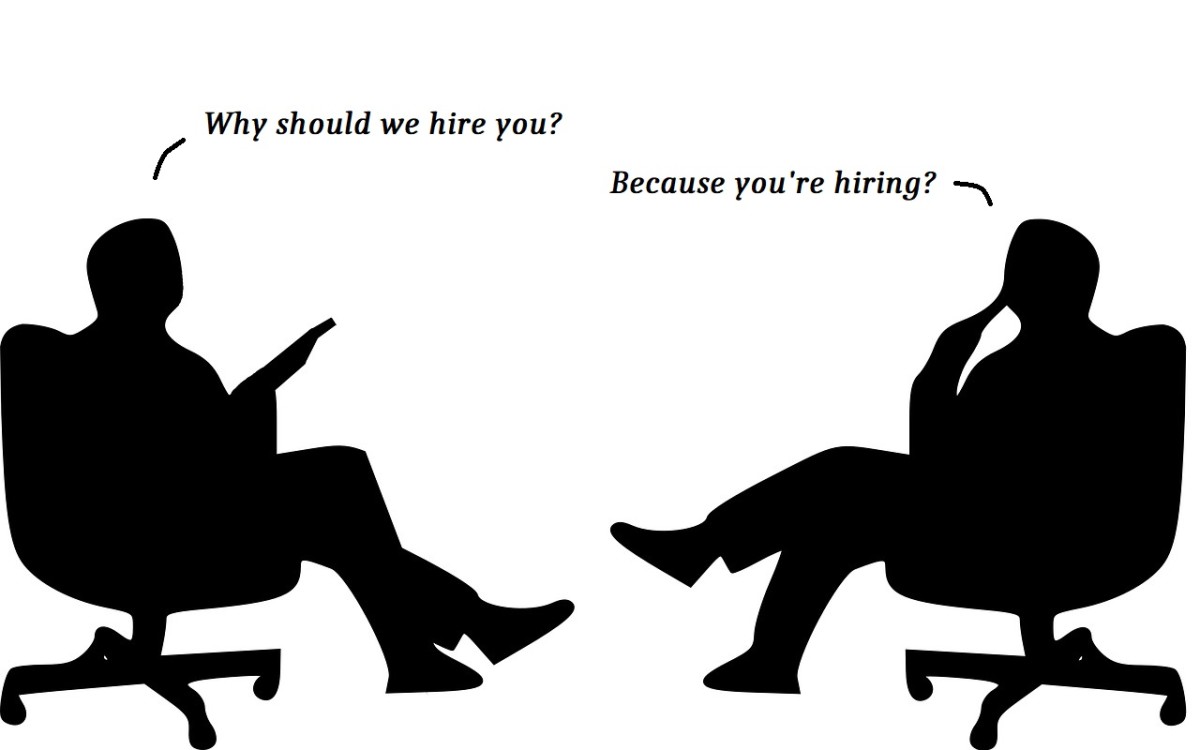- HubPages»
- Business and Employment»
- Employment & Jobs»
- Interviewing for a Job
What is Your Greatest Weakness? How to Answer This Difficult Interview Question
Going to a job interview can be extremely stressful. You are probably nervous because you want to impress the person interviewing you so you can land that perfect job; however, sometimes you get asked questions that seem to have no right answers. What is your greatest weakness is one of those questions that is commonly asked. This is how you should respond.
Understand That It Is a Trick
Before we go any further, you should know that this is a trick question. Hiring managers ask questions like this because they want you to say something bad about yourself so they can immediately weed you out. This may sound cold, but just imagine how many people interviewers have to see every day. And, because their job is to pick the best candidate, they will use any type of heuristic they can come up with to make their job easier. This sucks, but it’s just the reality of the situation. The best thing you can do is understand their tactics and use them to your advantage.
What Not to Do
Most people think the way to answer this question is to simply avoid it by saying something like “I don’t have any weaknesses” or to say an answer that isn’t really a weakness such as “I’m a perfectionist” or “I work too hard,” but this is not the right approach. Saying things like this will not work because interviewers won’t believe you. Again, they see so many people that they hear canned answers like this all the time. They know you truly aren’t flawless because you are human. They will think you are giving them a line of bull and they will be right.

So How to Answer the Question?
As counterintuitive as it sounds, the best way to answer this question is to be truthful. In this instance, interviewers are looking for unique and sincere introspection. They want someone who is self-aware, human, and eager to improve. If you can accomplish these traits, you will automatically differentiate yourself from other candidates who are using the standard answers mentioned above.
Try giving them an honest answer about an area in which you are legitimately weak (make sure it’s nothing to serious though; don’t say something like “I have a problem punching my coworkers). Think about things that most people have issues with like impatience or time management. This will help you connect with the interviewer who likely can empathize with the fault.
The key to providing a legitimate weakness is supporting it with an explanation of how you are working to remedy it. This shows your willingness to be a better employee as well as how this new organization can help you achieve your potential.
A Script
This is one way the interview question could go:
Interviewer: So, tell me about your greatest weakness?
You: Well, in the past I have always had a problem with being impatient, but in my most recent position, I have done my best to be more understanding about how long it takes to complete things by always giving people ample time to return deliverables. Anyway, your organization seems to move at a very fast pace. I doubt I will have any issues working here.
Wrap Up
Answering tough interview questions like this can be the difference between getting hired and not. Because of this, it is important to always be prepared by practicing answering common interview questions (especially the tough ones) before going into the interview.


